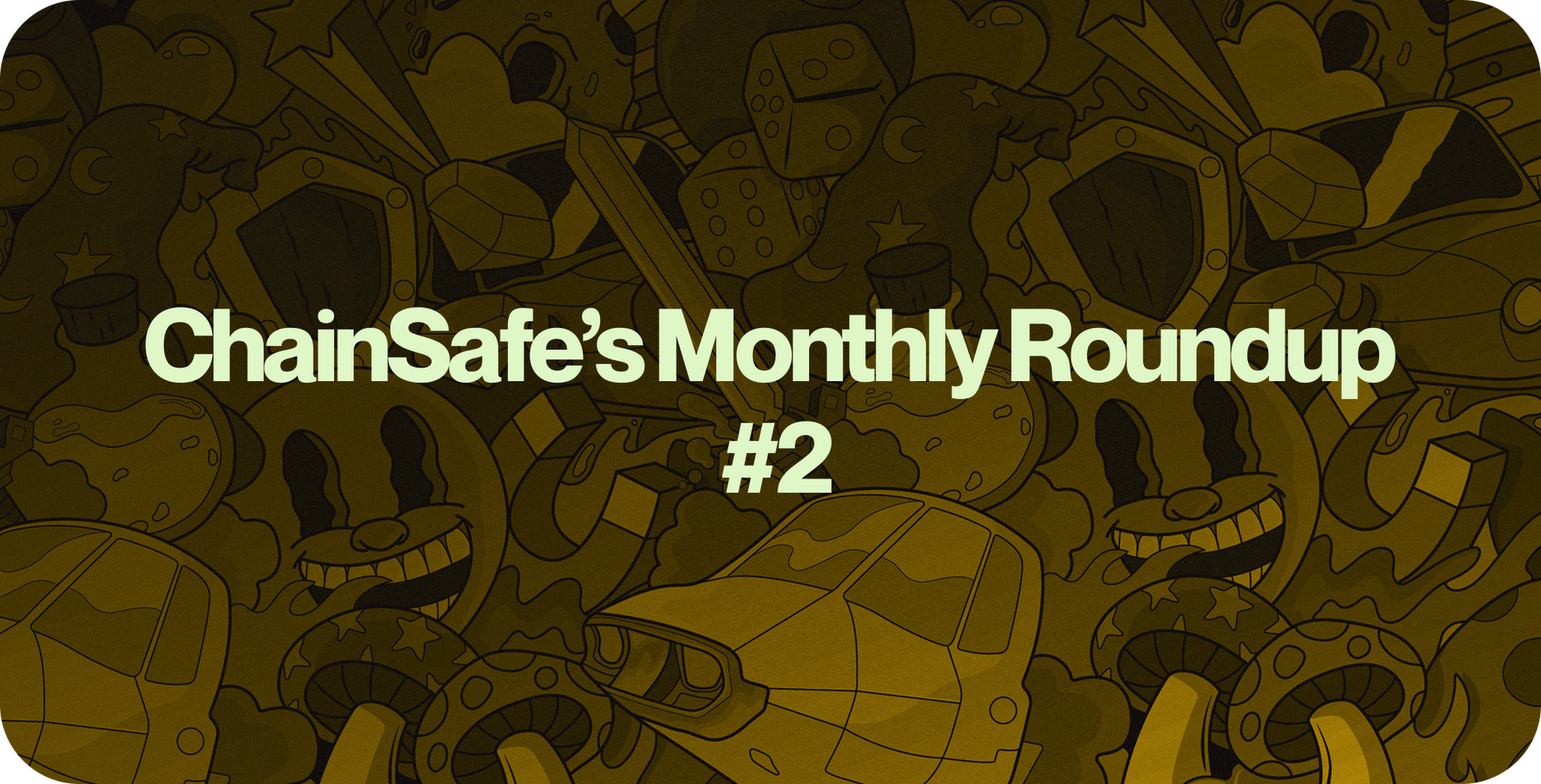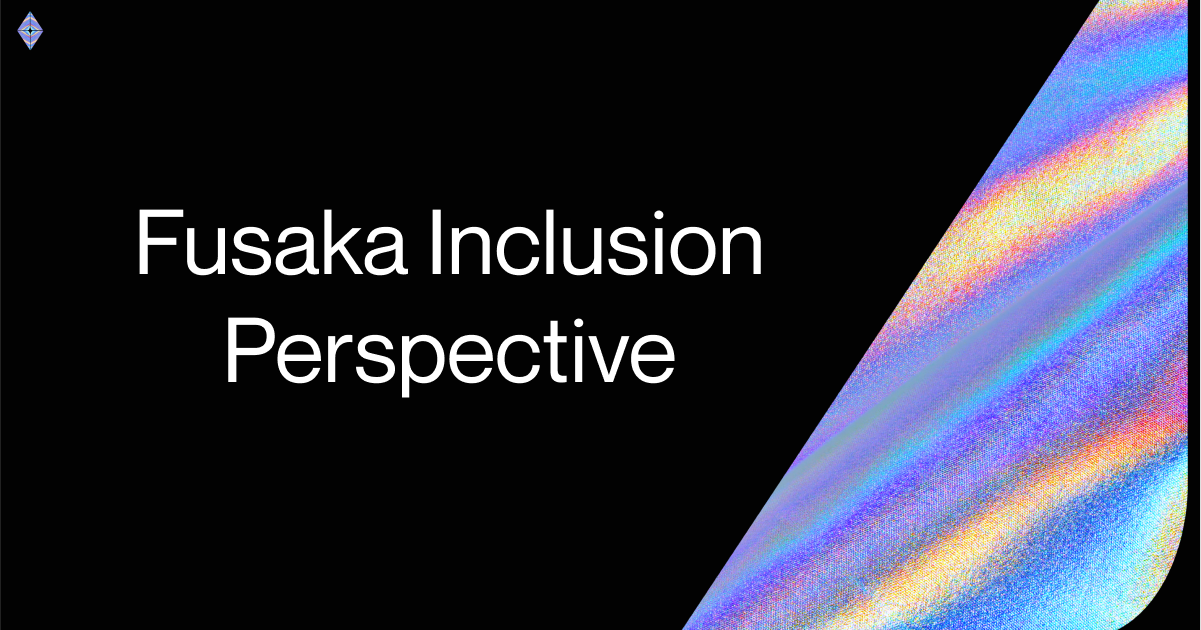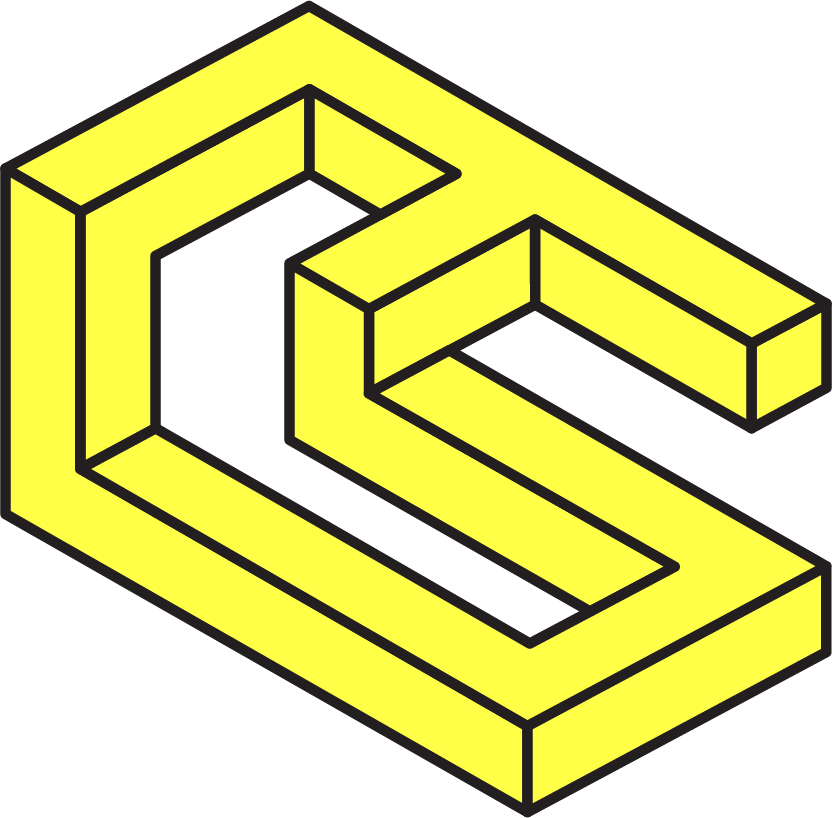ChainSafe’s Monthly Roundup: Issue #2
500 Lido validator keys on Hoodi, joining the Web3 Decentralized Nodes program, and continued development in Polkadot, Filecoin and Ethereum ecosystems.

ChainSafe teams are continuing progress across staking infrastructure and protocol development. From deploying Lido validators on Ethereum’s new Hoodi testnet to joining the active Kusama validator set through the Web3 Foundation’s Decentralized Nodes program, we continued to deepen our contributions to network decentralization and resilience.
On the protocol side, we shipped key performance improvements to the Forest Filecoin client and released Lodestar updates focused on testnet stability and Ethereum’s next consensus-layer fork. Read on for highlights from each team.
Infrastructure and Staking
- Deployed 500 Lido validator keys on Hoodi, the Ethereum testnet replacing Holesky, to optimize staking infrastructure.
- Joined the Web3 Decentralized Nodes program with five Kusama nodes, securing a place in the active validator set.
- Strengthening Ethereum and Kusama by enhancing testnet reliability, decentralization, and staking security.
- Contributing to long-term blockchain resilience by supporting Lido, Polkadot, and Kusama’s validator ecosystems.
Expanding our staking infrastructure on Hoodi testnet
This month, our Infra/Staking team successfully deployed 500 Lido validator keys on Hoodi, the Ethereum testnet replacing Holesky.
As an early adopter of Hoodi, we are ensuring our staking infrastructure remains at the forefront of Ethereum’s evolving ecosystem. This initiative allows us to test our validator operations in a simulated environment, optimizing performance, resilience, and decentralization ahead of mainnet deployments.
Beyond our own operations, this effort strengthens Ethereum’s staking landscape by enhancing testnet reliability. We’re also proud to support Lido’s continued stability and reinforce the decentralization of staking infrasturucture.
Joining the Web3 Foundation’s active Kusama validator set
This month, we took an important step in expanding our blockchain infrastructure by joining the Web3 Decentralized Nodes program with five Kusama nodes, securing a place in the network’s active validator set.
The Web3 Decentralized Nodes program, from the Web3 Foundation, is designed to increase the decentralization and resilience of Polkadot and Kusama networks by incentivizing infrastructure providers to run high-quality nodes.
This initiative enhances Kusama’s decentralization and security, ensuring a more resilient staking and validation process. As part of the active set, our validators contribute directly to network stability while reinforcing the integrity of Polkadot’s broader ecosystem.
Protocol Development
Gossamer
- Client database integration: Development of a new Client DB, backed by our new TrieDB, that will dramatically reduce startup time at the current block heights and state size.
- Continued work on Parachain subsystems: up Availability Distribution, Bitfield Distribution, Prospective Parachains, and addressing the changes needed to support Elastic Scaling.
The JAM Implementors DAO now includes ChainSafe’s Gossamer team, joining the Web3 Foundation’s Decentralized Voices initiative. The Web3 Foundation is enhancing community participation in Polkadot's OpenGov by delegating substantial voting power to knowledgeable participants.
Real decentralization means builders help govern the systems they create.
— ChainSafe (@ChainSafeth) April 1, 2025
We’re proud to join Decentralized Voices, a @Web3Foundation initiative funding independent contributors to @Polkadot governance, as part of the JAM Implementers DAO! pic.twitter.com/U1J2Y42b9x
Forest
- Teep upgrade: Key features include FIP-0097 (EIP-1153 support), FIP-0098 (simplified termination fee), FIP-0100 (per-sector fees), and F3 mainnet activation.
- RPC benchmarks: Forest is finalizing its first RPC benchmarking iteration using k6 and Grafana, optimizing eth_gasPrice.
- RPC improvements and fixes: Added Filecoin.EthTraceTransaction and fixed several RPC issues, improving speed and accuracy.
This month’s updates focus on major performance improvements and network optimizations for the Filecoin ecosystem. Our work on the Forest team continues to enhance the efficiency and scalability of Filecoin-based applications, helping to realize the long-term decentralization and growth of the ecosystem.
Lodestar
In response to insights gained during the Holesky rescue, the Lodestar team released v1.28.0 with targeted fixes and stability improvements. This release backports lessons from Holesky across the board, raising the baseline for node reliability. For developers exploring the new Hoodie testnet, v1.28.1 is also available with additional debug logging. However, v1.28.1 is not currently recommended for staking infrastructure.
Following the Holesky testnet recovery, the team shared a full retrospective of the rescue effort. The post walks through Lodestar’s debugging process, a last-minute hotfix release, and the value of cross-client collaboration during a live network recovery.
As Ethereum gears up for its next consensus-layer upgrade, Lodestar published their stance on the upcoming Fusaka fork. Their recommendation: keep it small and purpose-driven. Focused on PeerDAS (EIP-7594) and blob parameter upgrades (EIP-7892) to support Layer 2 scaling without introducing unnecessary risk.
From the ChainSafe blog




